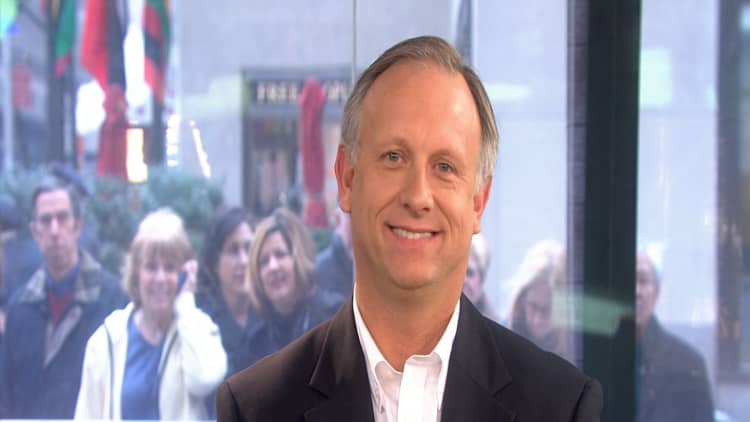Nearly a century ago, journalist Napoleon Hill studied over 500 self-made millionaires, including Andrew Carnegie, Henry Ford, and Charles M. Schwab. His interviews and research culminated in the 1937 bestseller, "Think and Grow Rich."
While Hill is most known for his personal finance classic, which is a favorite of "Shark Tank" judges Robert Herjavec and Daymond John, he also wrote "The Path to Personal Power" in 1941, which was meant to be a handbook for those struggling to get back on their feet after the Great Depression. However, upon America's entry into WWII, the manuscript was forgotten about and only recently published, for the first time, in 2017.
There are "17 major principles of success," Hill writes in "The Path to Personal Power," the most important one being "the principle of Definiteness of Purpose." In other words, the richest, most successful people know exactly what they want.

After all, "no one may achieve success without first knowing precisely what he wants," writes Hill. "Study any person who is known to be a permanent success and you will find that he has a Definite Major Goal; he has a plan for the attainment of this goal; he devotes the major portion of his thoughts and his efforts to the attainment of this purpose."
Meanwhile, the average person wishes for a promotion, raise and recognition, "but most people never go far beyond the 'wishing' stage," he says.
To get past that stage, start by writing down a specific goal — whether it be a savings goal, the job you want to land or the age you want to retire — and adding a hard deadline.
After you write down your goals, put the list somewhere accessible and get in the habit of reading it out loud at least once a day. "The act of writing down one's major purposes forces one to be specific as to its nature," says Hill. "The act of habitual reading fixes the nature of the purpose in the mind, where it can be picked up by the sub-conscious mind and acted upon."
Like this story? Like CNBC Make It on Facebook.
Don't miss: 5 psychological tricks that can help you get ahead in your career



